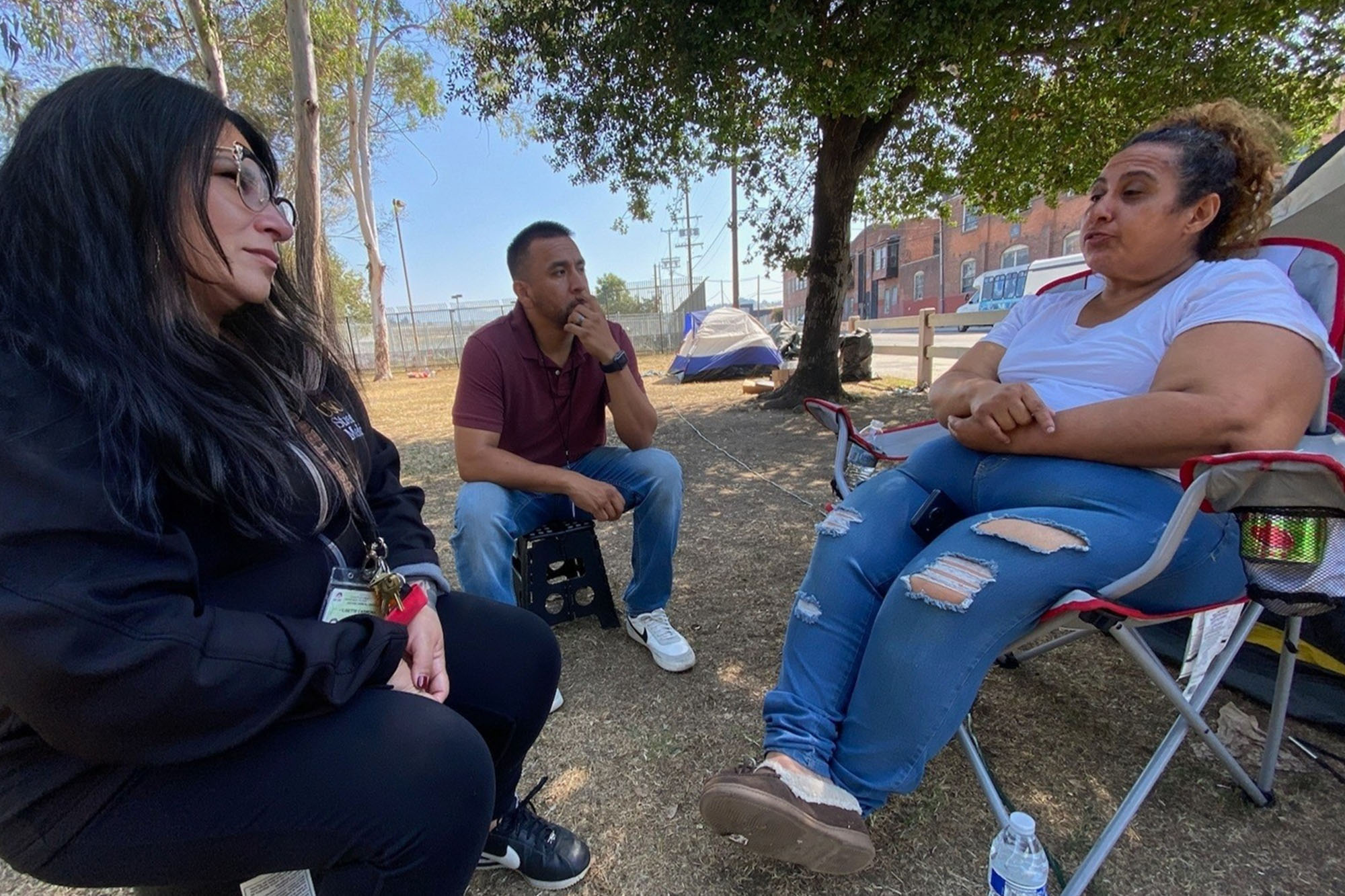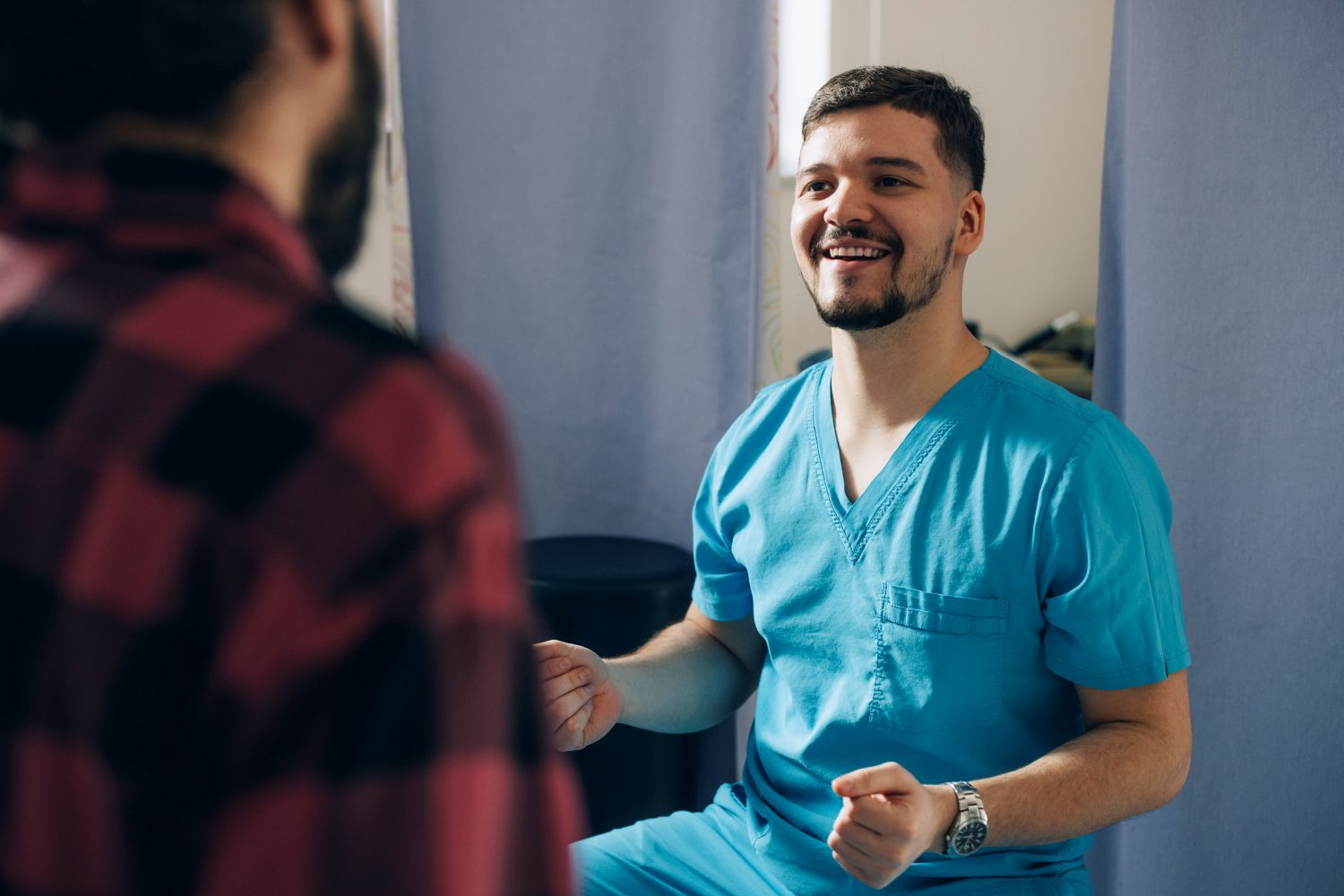Download the fact sheet
As the CalAIM (California Advancing and Innovating Medi-Cal) program’s Enhanced Care Management and Community Supports reach their fourth year since statewide launch in January 2022, how are these programs being experienced by the people they are intended to support? In a major research project supported by CHCF, Los Angeles research firm EVITARUS interviewed 99 people with complex needs and eight focus groups with caregivers across Alameda, Fresno, Humboldt, and Los Angeles Counties.
In the full report In Their Own Words: What Californians with Multiple Health and Social Needs Say About Their Care, published in June 2025, participants described their experiences with the health care system. This fact sheet centers the perspectives of Californians experiencing homelessness or housing insecurity — one of the groups the CalAIM initiative was designed to serve. It includes resources for people working to implement CalAIM programs to achieve better outcomes for the people they serve.
Consistent Care Management Is Critical for Those Experiencing Homelessness
The following story, from an interviewee for the project, brings it all to life.
A 34-year-old Latina/x woman in Los Angeles County credits her care manager with connecting her to resources and providing support she otherwise struggles to access without stable housing. She began experiencing homelessness while experimenting with methamphetamines in her late teens. She then lost her first three children to the foster care system, and she now raises two daughters with her partner in an RV. She places her medical needs second to prioritize her daughters, and she views “good health” as being stable. Although she has made numerous attempts to find permanent housing through the county homeless services department and other community organizations, her efforts are continually fruitless.
Her frustration changed once she became connected with a community mobile care team that regularly checks in and provides comprehensive care and support. Whether it be providing water, ibuprofen and other medicine, or feminine hygiene products, or connecting her with medical services, the mobile team has built trust with her through their regular support and comprehensive care. Despite the county’s inability to help her find secure housing, she appreciates that her mobile care team not only consistently checks in on her and her family but proactively asks about her needs and provides any support that can help ameliorate her housing situation: “They’ve been right there like a rock, so I appreciate them a lot. Those are the main ones that really even come to check up on us when they’re just doing their rounds, and they come by, ‘Hi, how are you guys doing? Do you need some water, blankets, anything?’”
Read the Fact Sheet
Authors & Contributors
Xinran Wang
EVITARUS
Caden Schepps
EVITARUS





